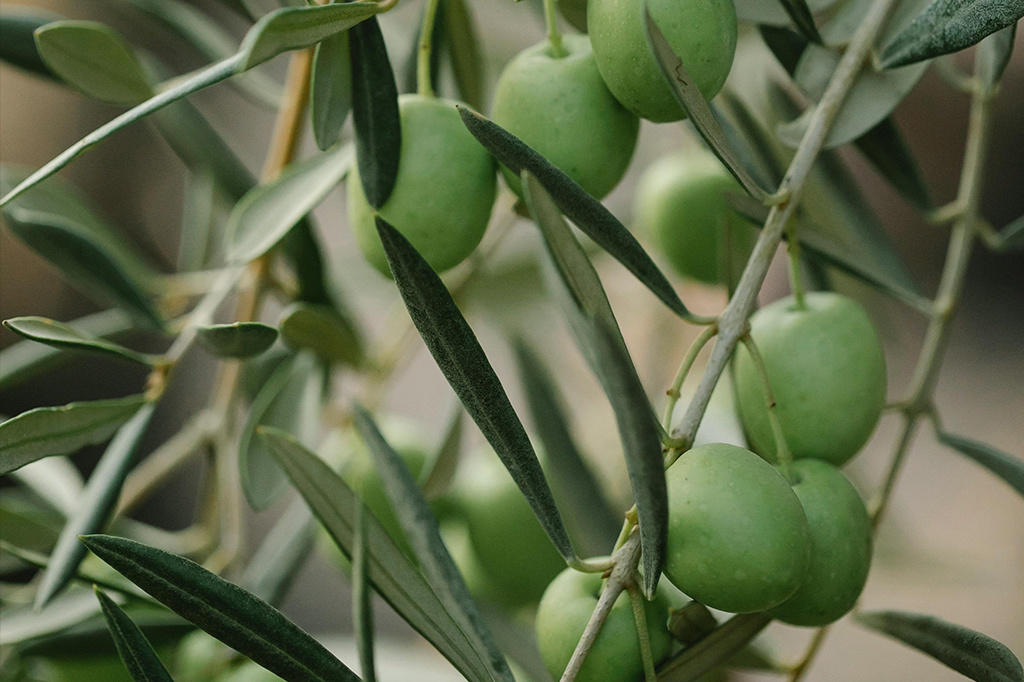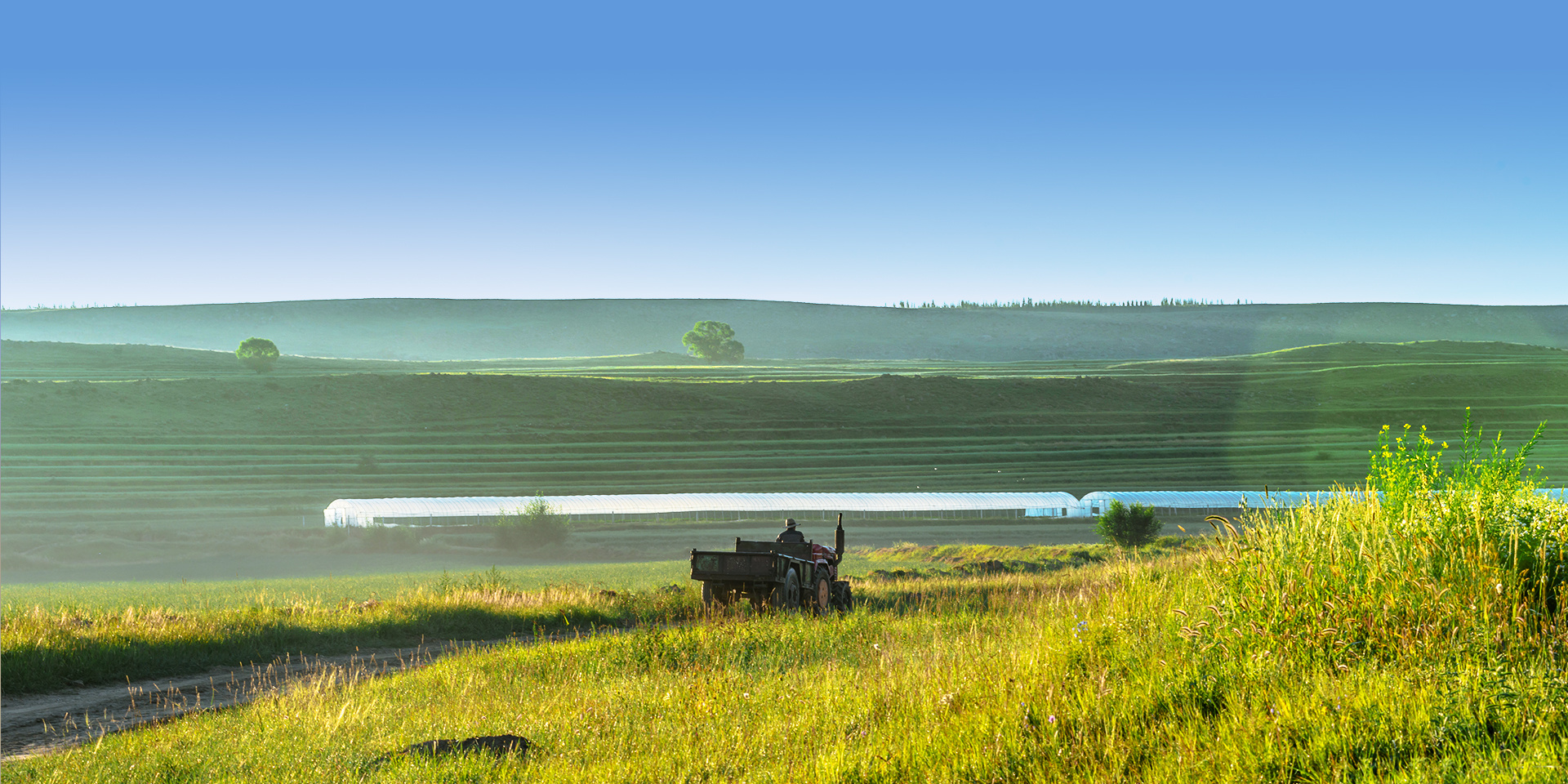Quality Assurance
Quality Policy
Lean Innovation: Continuously enhance product and service quality to facilitate rapid development.
Law-Abiding and Integrity: Adhere to a prevention-oriented approach and continuous improvement to pursue excellence in performance.
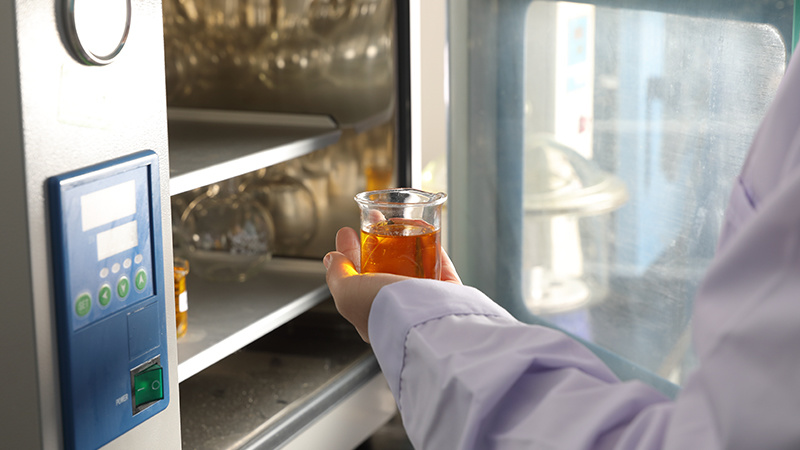
Quality Philosophy
100-1=0
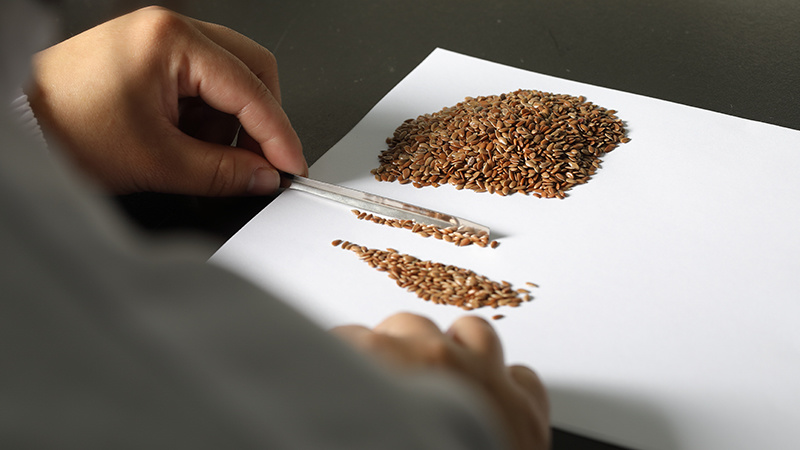
Quality Objectives
Ex-factory product qualification rate: 100%
Major quality and food safety incidents: 0 cases
Major customer complaints: 0 cases
Customer satisfaction rate: over 95%
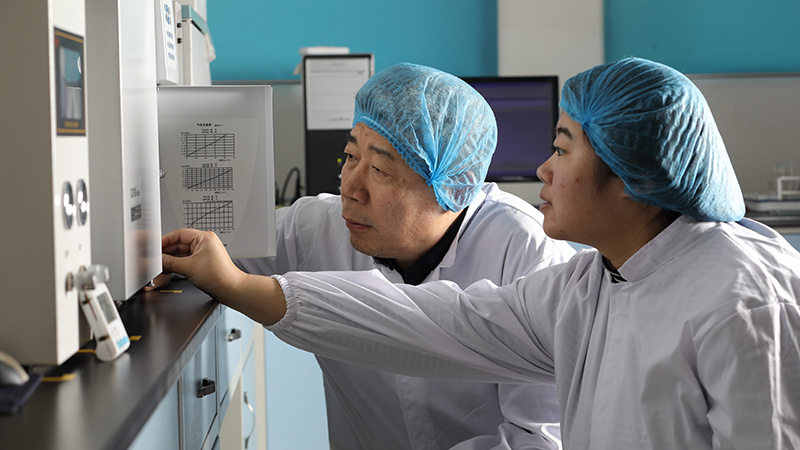
We have established a multi-system integrated quality assurance model, safeguarding product quality and safety through 6 core systems, 9 support systems, and a 4-tier integrated quality management framework.
6 Core Systems:Built on the foundation of U.S. Dietary Supplement GMP, supplemented by certifications including ISO 9001 Quality Management System, ISO 22000 Food Safety Management System, ISO 14001 Environmental Management System, ISO 45001 Occupational Health and Safety Management System, and HACCP — together forming the backbone of our 6 core management systems.
9 Support Systems:A comprehensive certification framework encompassing FSSC 22000 Food Safety System, Organic Certifications [COP (China), NOP (U.S.), EU Organic, JAS (Japan)], Kosher, Halal, Non-GMO Identity Preservation (IP), and ECOVADIS Social Responsibility
4-Tier Integrated Quality Management Framework:We designate the General Manager as the primary accountable person for food safety. Building on this foundation, we have established a 4-tier integrated management framework—encompassing Tier 1 (Decision-Making), Tier 2 (Coordination), Tier 3 (Implementation), and Tier 4 (Operations)—to ensure full traceability and control throughout the "farm-to-table" lifecycle.















Technological Innovation

Teams & Platforms
30+ Member R&D Team
9 Senior External Experts
5 Provincial-Level Innovation Platforms
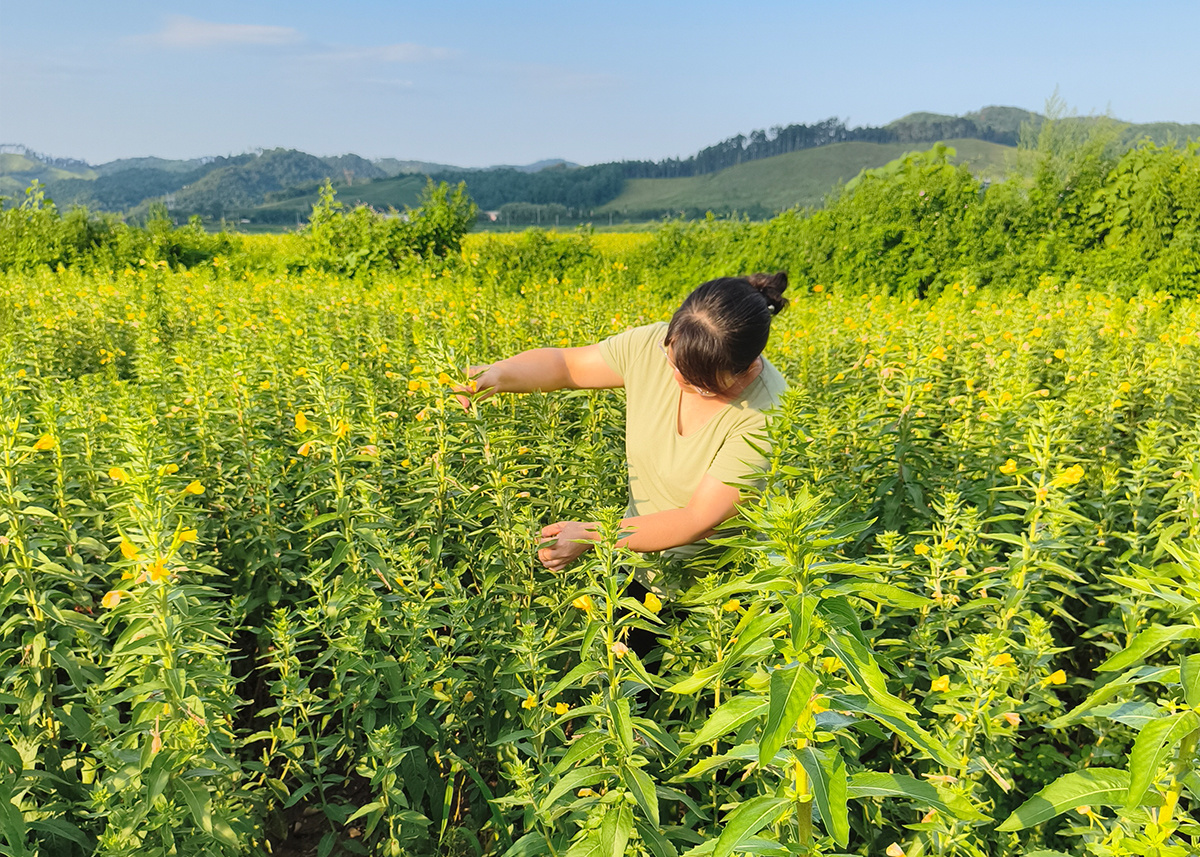
Industry-Academia-Research Collaboration
We have established Industry-Academia-Research (IAR) collaborations with the Academy of Sciences, National Food and Strategic Reserves Administration, Oil Crops Research Institute of the Chinese Academy of Agricultural Sciences, Xi'an Oil Engineering Research & Design Institute, National Food and Strategic Reserves Administration, Dalian Polytechnic University, and Shenyang Agricultural University. These collaborations focus on key areas including: the quality selection and large-scale cultivation systems of evening primrose and other oil crops, the development of new oil crop varieties, the biosynthesis mechanism and genetic transformation of functional components in oil crops, as well as monitoring research on exogenous contaminants in the processing and circulation of oil crops and oils.
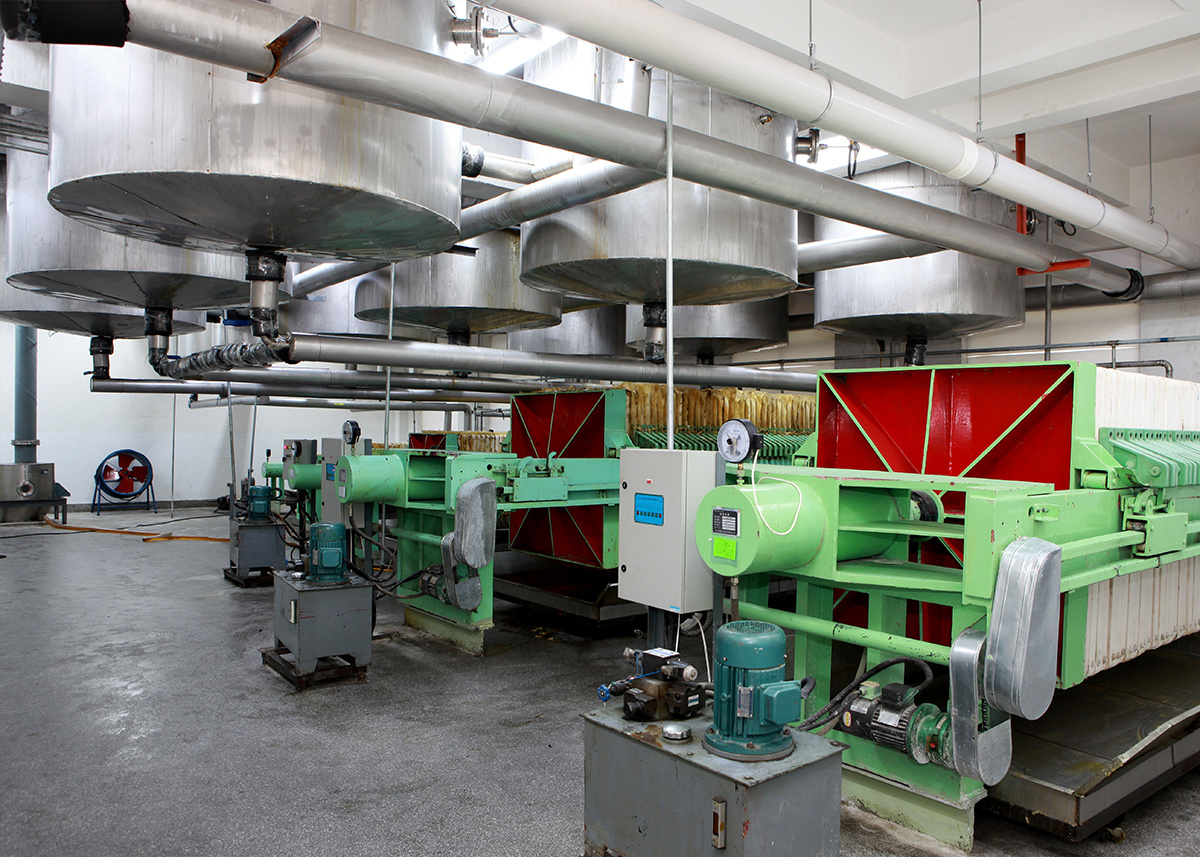
Core Technologies
Green, Precise and Moderate Processing Technology for Oils and Fats
3-MCPDE & GE Control Technology in Oil Processing
Plasticizer Control & Removal Technology in Oil Processing
Tetrahydrocannabinol (THC) Detoxification Technology in Oil Processing
Mineral Oil Control & Removal Technology in Oil Processing
Polycyclic Aromatic Hydrocarbons Control Technology in Oil Processing
Trans Fatty Acids Control Technology in Oil Processing
Low-Temperature Pressing and Physical Refining Technology
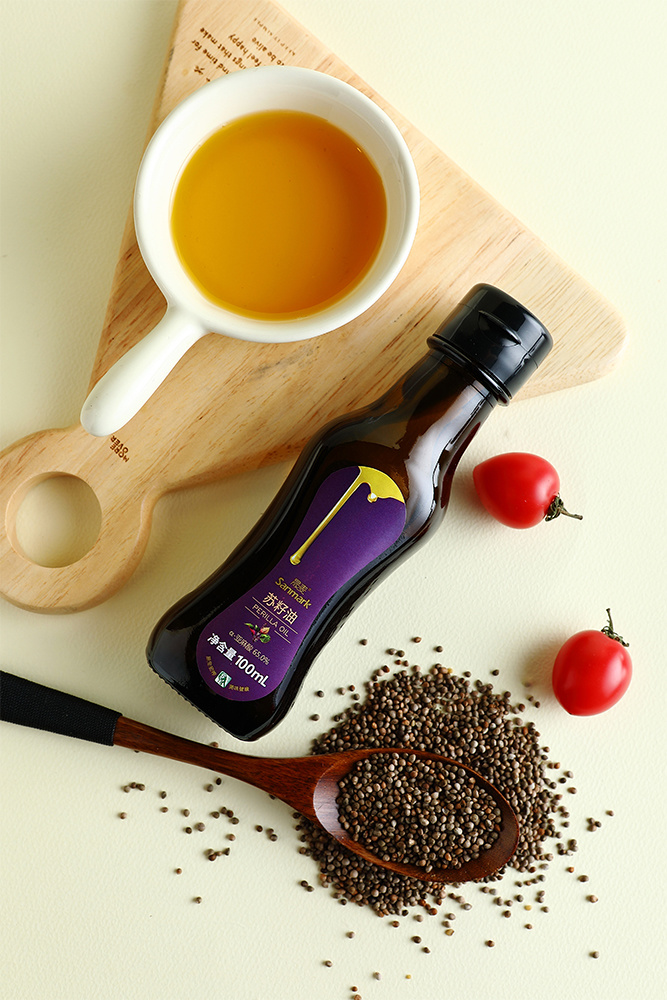
Achievements
ㆍ 1 Third Prize of Liaoning Provincial Science and Technology Progress Award
ㆍ 1 Third Prize of Liaoning Provincial Patent Award
ㆍ 2 Second Prizes of Benxi City Science and Technology Progress Award
ㆍ 35 Authorized Patents
ㆍ Undertaken 6 Scientific Research Projects at or above the Provincial -level in recent years

Innovation Areas
ㆍ Green, Precise and Moderate Processing Technology for Oils and Fats
ㆍ Development of Natural Oil and Oilseed Resources and High- value Utilization of By-products
ㆍ Specialty Oil Processing Technology Guided by Both Health and Flavor
ㆍ Extraction, Separation and Purification of Functional Components in Oils and Oilseeds
ㆍ Application of Natural Oils in the Cosmetics Industry
ㆍ Application of Functional and Environment-friendly Packaging Materials
ㆍ Quality Selection and Large- scale Cultivation of Oil Crops
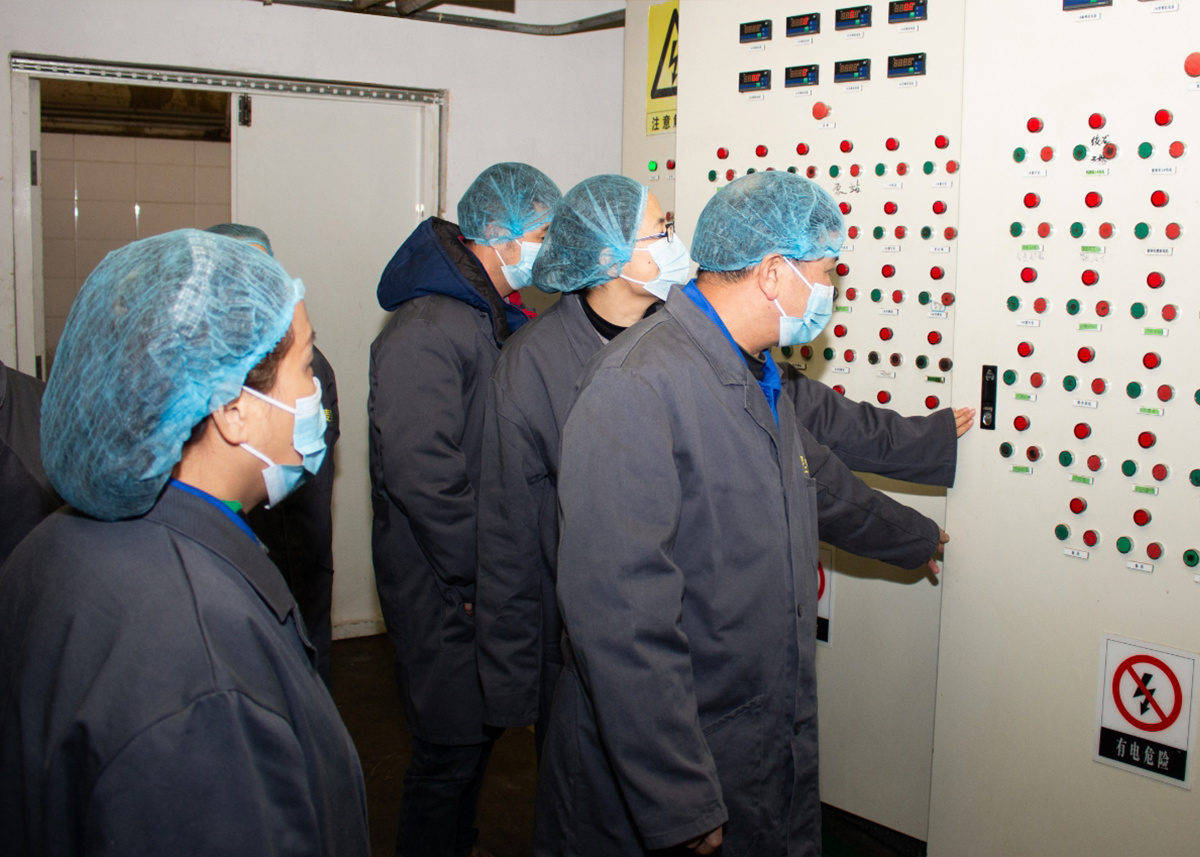
New Quality Productive Forces
Driven by scientific and technological innovation, reconstruct the industrial logic of "efficiency, quality, and sustainability"
ㆍ Technological upgrading at the raw material end:Break through traditional planting patterns, and use modern breeding techniques to cultivate specialized oilseed varieties such as evening primrose with high oil content, high stability, and high levels of target functional factors, so as to improve the quality and supply stability of raw materials from the source.
ㆍ Intelligent and Precise Production & Processing:Replace traditional extensive processing with a digital-intelligence control system to achieve precise regulation of all process parameters from "raw material pretreatment-pressing-refining- filling".
ㆍ In - depth penetration of green and low - carbon technologies:Centering around "carbon reduction and recycling", promote low-carbon processing technologies and establish a circular economy closed-loop of "processing-waste-recycled resources".
ㆍ Digital reconstruction of industrial chain collaboration:Connect the data links among "planting bases - processing plants - warehousing and logistics - end markets" to achieve dynamic matching of raw material supply, production capacity scheduling, and market demand. Rely on big data analysis to predict consumption trends and provide reverse guidance for raw material planting and product R & D, shortening the response cycle from "field" to "table".
ㆍ Innovative Iteration of Product Forms:Upgrade from "basic oils" to "functional products", develop customized products through technologies such as molecular distillation, supercritical fluid extraction, and microencapsulation, and promote the transformation of oils from "industrial raw materials" to "high-value-added consumer products".
Global Supply Chain
Sanmark adheres to the philosophy of "Sourcing Globally, Serving Globally" and continuously expands its global presence. We source high-quality plant resources worldwide, are committed to providing healthier, safer, and more diverse nutritional oil products to global customers.
Northeast China's Fertile Soil – Evening Primrose Seeds
The evening primrose production areas in China’s three northeastern provinces (Liaoning, Jilin, Heilongjiang), and Inner Mongolia happen to lie within the prime growing zone between 35°N and 45°N. Characterized by long, cold winters and hot, rainy summers, its climate is highly consistent with the native habitat of wild evening primrose populations.
In its early days, Sanmark achieved a pioneering breakthrough in the artificial domestication technology of wild evening primrose, and promoted standardized cultivation on the black soil of Northeast China. The loose, fertile black chernozem soil is rich in humus, and when this soil is combined with snowmelt irrigation from Mount Changbai and the Greater Khingan Range, it yields high-quality seeds with an oil content 8% higher than that of wild populations.
Leveraging the labor cost advantage in northern China at that time, we established a full industrial chain system from sowing to oil pressing. This not only enabled Chinese-produced evening primrose oil to quickly gain the world’s largest market share, but also laid the industrial foundation for the subsequent global layout of functional oils such as borage oil.
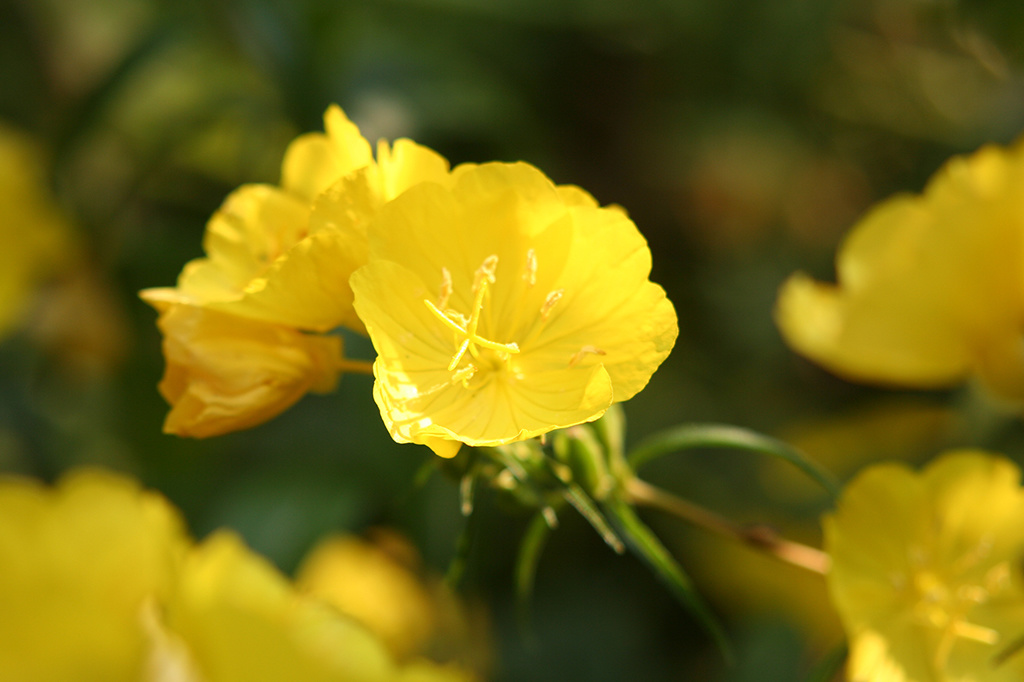

Spanning Europe & Asia – Borage Seeds
Once an ornamental flower that bloomed in Chinese courtyards for a century (also known as "purple grass flower"), borage’s economic value was redefined by Sanmark in 2002. We pioneered the research into borage seed cultivation and processing, and finally achieved a breakthrough in large-scale production in the Hexi Corridor Oasis of Jiuquan, Gansu Province (39°N).
Nourished by mineral-rich glacial meltwater from the Qilian Mountains (with a year-round temperature of 8-12℃), the borage here produces "golden seeds" with an oil content 12% higher than that of ordinary production areas—turning Jiuquan into the world’s largest borage cultivation base, accounting for 45% of global output.
On the other side of the globe, in the UK, borage benefits from the alluvial plains of the River Thames Basin, which provides an environment granting it a 30-day longer growth cycle than the Jiuquan base. This extended growing period further boosts the gamma-linolenic acid (GLA) content in the seeds.
With their geographically complementary advantages—i.e., aligned across longitudes and latitudes—these two bases in the East and West jointly forged the industrial legend of borage—transforming from a mere ornamental flower to a raw material for functional oils.
Kenya - Avocado Oil
The avocado plantations in Kenya’s Rift Valley are situated in volcanic ash deposits at an altitude of 1,200 meters. The unique geological structure of the East African Rift Valley enriches the soil with abundant trace elements, while the ample sunlight near the equator and consistent rainfall brought by the Indian Ocean monsoons allow avocados to ripen naturally throughout the year.
We partner with local cooperatives and adopt a single-tree hand-picking method, ensuring that each avocado is strictly harvested only when its sugar content reaches 18 Brix.
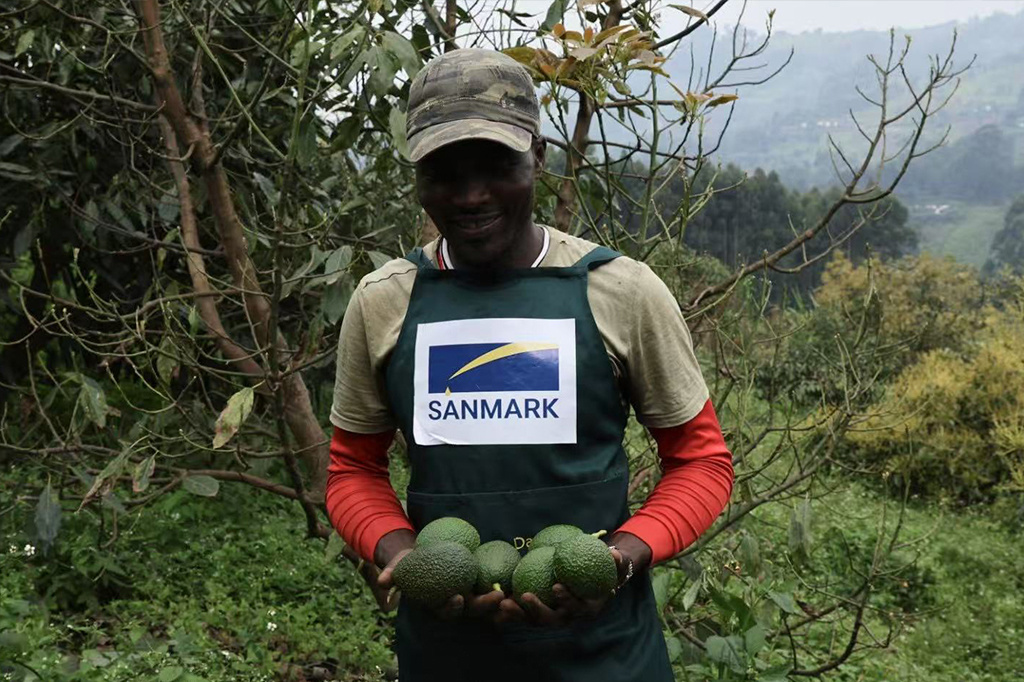

Zhangjiakou Bashang (Northern Plateau of Zhangjiakou) – Flax Seeds
In Bashang (Northern Plateau of Zhangjiakou), Hebei Province, we’ve established a flax seed base at an altitude of 1,400 meters in this cold, arid plateau region. Here, in this plateau region, the annual sunshine exceeds 2,800 hours, and the daily temperature difference reaches over 15℃. The cool climate extends the flax seeds’ growth cycle, allowing them to accumulate higher levels of alpha-linolenic acid (ALA).
The unique chestnut soil in Bashang is rich in minerals, and when combined with the optimal natural conditions of synchronized rainfall and heat, it yields flax seeds with plump kernels and pure nutrients.
Changbai Mountains – Organic Wild Hickory Nuts
Wild hickory forests grow in the pristine coniferous-broadleaf mixed forests of the Changbai Mountain Foothills in the Yongling area of Fushun. This land, forged by a century of ecological evolution, has a 30cm-thick humus layer, and the weakly acidic environment formed by natural rainfall infiltration creates an exceptionally favorable habitat for hickories.
The local tradition of wild hickory harvesting, carefully passed down through three generations, ensures every hickory is hand-picked only after natural ripening—preserving its original wild, mountainous and earthly flavor.
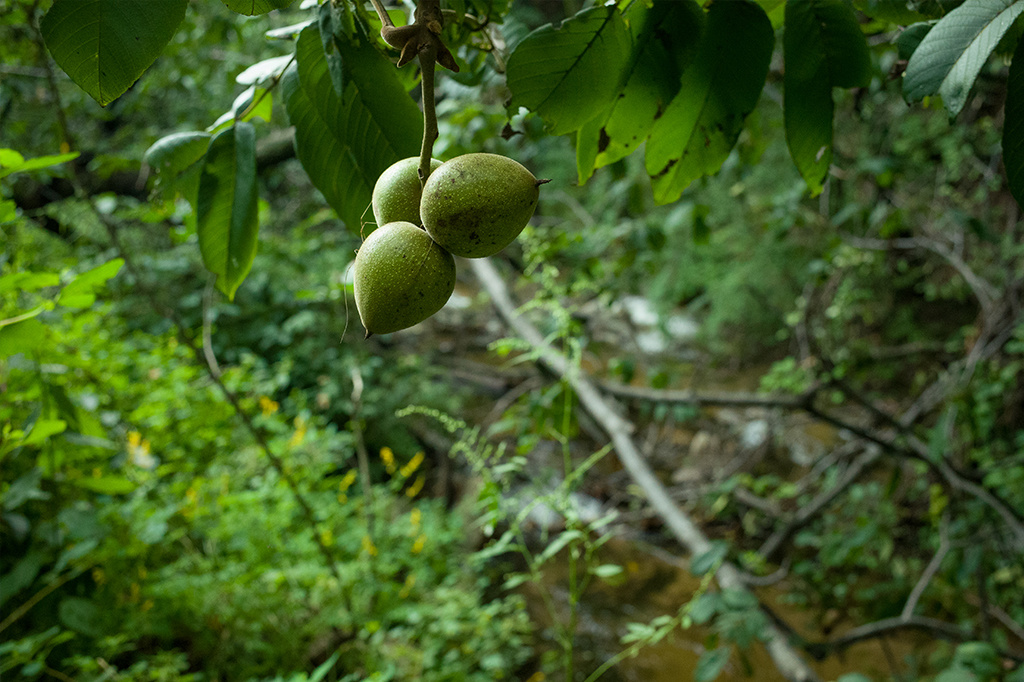

Poland - Blackcurrant Seeds
The blackcurrant seed producing area in northeastern Poland is located in the transition zone between the Baltic climate and the continental climate. The cool and rainy climate in summer is particularly suitable for blackcurrant fruits to accumulate anthocyanins; the local large-scale planting history since the 19th century has bred the unique "Mazovian" variety, making each blackcurrant seed full of the terroir essence of the Baltic coast.
Andalusia, Spain - Olive Oil
The calcareous clay along the eastern Mediterranean coast of Spain, paired with over 2,000 hours of annual sunlight and the reliable irrigation water from the Ebro River, nurtures olive fruits rich in olive polyphenols. The local area upholds the time - honored cold - pressing technique from ancient Rome, pressing the freshly picked olives within 24 hours to maximize the retention of the natural bioactive substances in the olive oil.
From the Bashang Grasslands to the East African Rift Valley, Sanmark decodes the growth code of premium ingredients through their unique geographic provenance. With a cross - latitudinal supply chain network, Sanmark transforms the gifts of nature from the global golden production regions into accessible health protection. Through these diversified strategic layouts, Sanmark connects a global network of quality resources, integrating high - quality resources from around the world to empower healthier lifestyles and ensuring quality assurance from farm to table.
